Morocco
Climate change has a direct impact on natural resources, ecosystems and societies, and the water sector is one of the most affected, as observations and projections by scientific experts have shown.
That’s why the International Office for Water has stepped in to manage this resource, guard against its waste as part of efforts to help in environmental protection.
The Day of Action for Water aims to highlight the water sector as a provider of solutions for implementing the Paris Agreement. Guaranteeing safe access to water means ensuring safety in food security, human health, energy production, industrial productivity, and biodiversity.
According to Dogan Altinbilek vice president of world water council: “We are promoting water issues all around the world, and we were responsible after 5 years of lobbying to pass water as a human right from the United Nations.
“780 million people who are living in Asia and Africa and some other remote places in the world are a priority because these people don’t have access to water and to hygienic toilets, they are earning less than 1 dollar a day.”
On his part, Loïc Fauchon, Water Council Honorary President said, “This is the first time in the history of COP that we are going to talk about water and where water has an essential place. It means that we will discuss adaptation over the 15 days. How we can find concrete measures to help the poorest countries, and solutions to help them adapt to these changes.” A debate took place on Renewable Energy: “Reducing Carbon Emissions.”
Among the speakers was Nathan Hultman, director of the University of Maryland sustainable development department and former adviser on environmental issues to President Barack Obama.
“There is a very massive deployment of solar and wind energy in Morocco, there is (also) a massive deployment of renewable energy in Latin America, particularly in Brazil, in Mexico and a couple of others countries, all of this together have been showing not only in the own region but also globally, what countries can do when they put minds to it and identify what they can do with their own domestic resources,” Hultman said.
The first week of the United Nations Climate Conference in Marrakech focused mainly on drawing up a roadmap for implementing the Paris Agreement over the months and years to come.




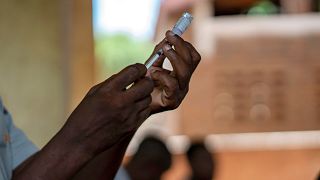
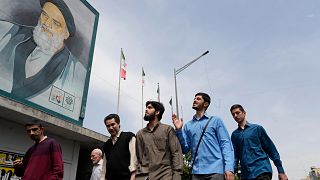
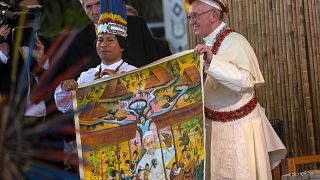

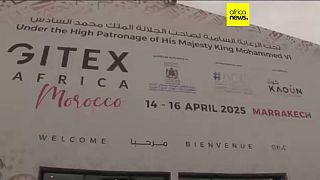
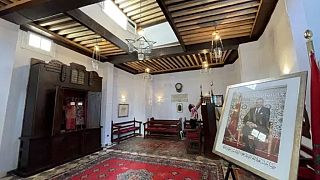


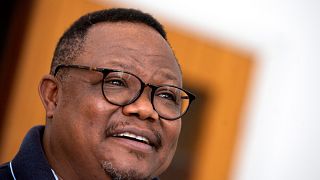
02:16
Earth Day: Fighting microfibre pollution one laundry at a time
Go to video
Exhibition in Morocco explores a world of color
Go to video
The EU moves to fast-track asylum claims by migrants from 7 countries to speed deportation
00:50
Spain: human trafficking ring smuggling moroccans into europe dismantled
Go to video
Major nations agree on first global tax on shipping’s greenhouse gas emissions
Go to video
France and Algeria resume diplomatic talks aimed at mending rift